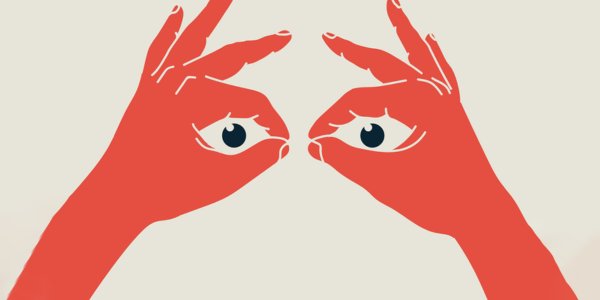Scopophilia
Understanding Scopophilia
The Fascination with Watching
Scopophilia refers to the act of gaining sexual pleasure or psychological excitement from watching others, often when they are unaware of being observed. The term comes from Greek roots: skopein (to look) and philia (love).
This concept extends beyond mere curiosity—it touches on the deep psychological link between vision, desire, and control. In some contexts, scopophilia can appear in everyday life, such as the enjoyment of visual intimacy or erotic imagery. In more extreme cases, it may take on voyeuristic tendencies, especially when boundaries or consent are crossed.
The Psychology of Visual Desire
Humans are highly visual creatures. For many, attraction begins with what they see. Scopophilia captures this visual drive—where looking becomes both an emotional and erotic experience.
In psychology and film theory, scholars like Sigmund Freud and Laura Mulvey explored scopophilia as part of how people experience desire through observation. It’s not always about sexual stimulation; sometimes, it reflects curiosity, admiration, or even identification with the subject being watched.
Everyday Expressions
Scopophilia isn’t confined to private acts. It manifests in culture and media through art, cinema, and photography. The pleasure of looking is central to entertainment, where audiences are invited to gaze—sometimes sensually, sometimes innocently—at human beauty and emotion.
When consensual and ethical, scopophilia can be a healthy exploration of visual attraction. However, when it crosses into non-consensual territory, it becomes a legal and moral issue tied to voyeurism.
FAQ
What are the two types of scopophilia?
They’re typically categorized as active and passive. Active scopophilia involves watching to feel control or power, while passive relates to enjoying being watched.
What is an example of a scopophilia?
A simple example is someone gaining pleasure from observing another person undressing or posing sensually—whether in reality or through visual media.
Is scopophilia the same as voyeurism?
Not exactly. Scopophilia refers to the pleasure of watching, while voyeurism is the behavior of spying without consent. The first can be psychological; the latter often involves legal boundaries.
Can scopophilia exist in healthy relationships?
Yes. Within consensual settings—like mutual observation or roleplay—it can be a shared, intimate experience that strengthens connection and trust.
How is scopophilia shown in film or art?
Many films use the “gaze” to create emotional tension. Directors often play with scopophilic elements, allowing viewers to share the act of looking and desire through the camera’s lens.
















